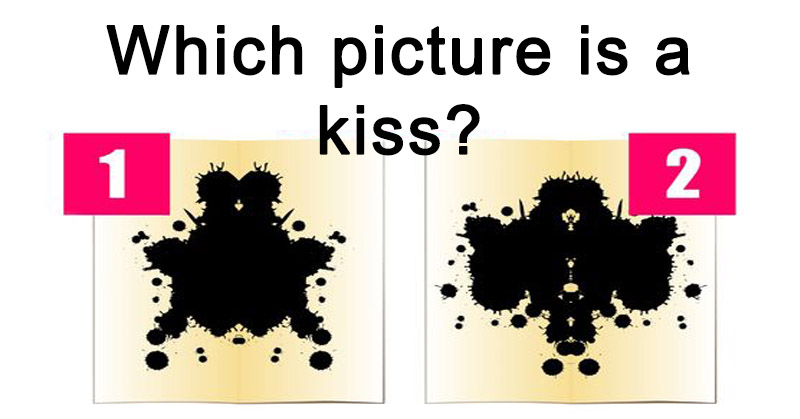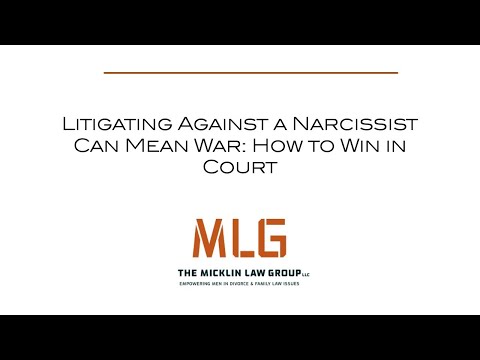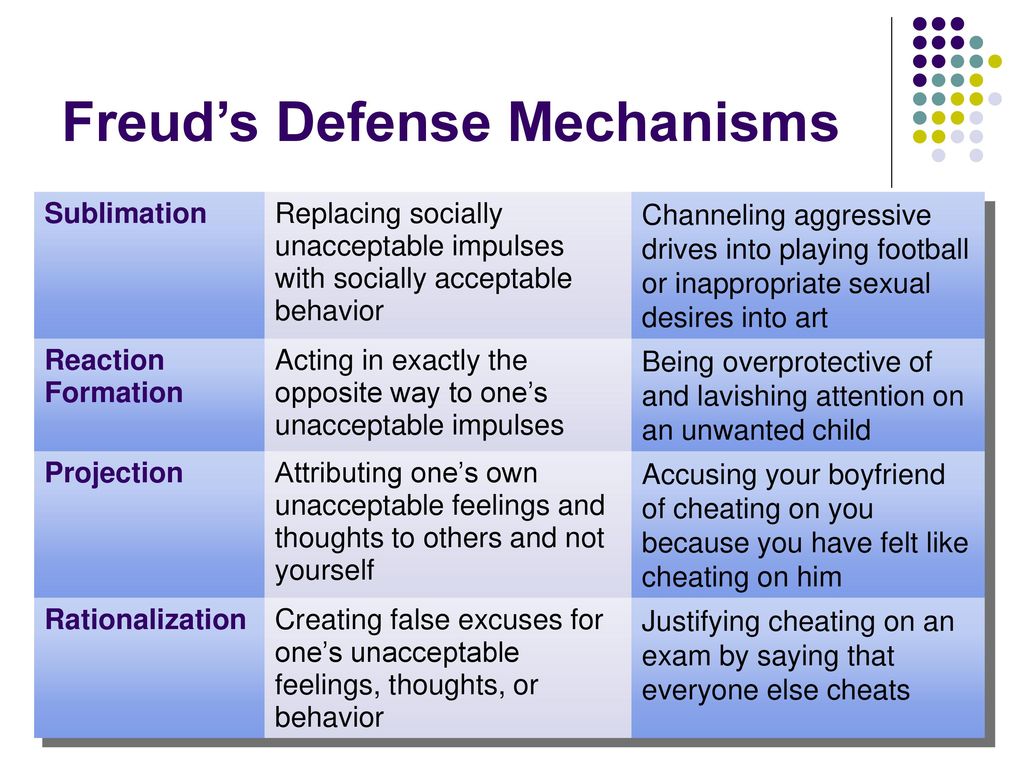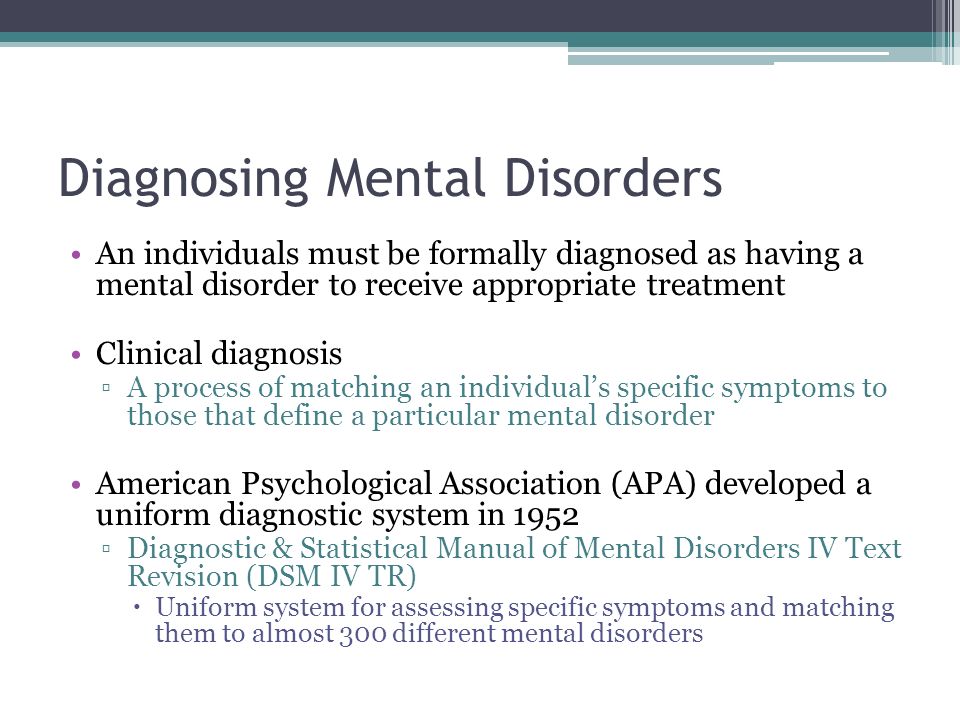Thoughts of people
Middle Ground: Thinking About People
Our thoughts and feelings guide our social interactions
Much of the thinking we do is focused on the people we meet and interact with. Scientists studying social cognition—how we think about people —have identified various ways our minds work to process social information and make sense of our interactions with others. These ways of thinking often involve making judgments about people and social events and can shape how we feel and act toward others. As long as our judgments are accurate, this isn’t a problem, but certain mental habits can cause us to get people wrong or make unwise decisions, to the detriment of those around us—and ourselves.
How the mind works
Two systems of thinking
We live in a complex world; our senses are barraged with sounds, sights, and other stimuli. The internet only adds to this torrent of information. While our brains do a good job processing all this, we have limited attention, and thinking takes effort. To help us process information efficiently, the human mind has two systems: a fast, automatic mode that operates outside of awareness and can save time or thinking effort (especially when we’re in a hurry or have to make decisions quickly), and a slower, more deliberate system that helps us think more deeply about people and complex situations.
In many social situations, events unfold rapidly, one on top of the other, and we don’t have time to ponder why people do what they do, or to learn much about the people we meet. In such situations the automatic thinking system takes over and can help us make good enough—but often inexact—judgments without spending a lot of mental effort. Scientists have described a variety of mental strategies as part of the automatic thinking system. Below you can learn more about some of these thought habits and why they play an important role in social life.
Mental shortcuts
Categorizing and stereotypes
People automatically put things in categories. We sort almost everything into groups: cars, trees, animals, rocks—and people. Putting things in boxes helps us make quick judgments, but when we do this with people, it can lead to stereotyping. To stereotype someone is to automatically categorize them as a member of a particular group. That’s not necessarily a problem. There is often at least a kernel of truth to stereotypes, and when we’re right about the people we’re categorizing, stereotypes can help us process information quickly and respond in useful ways. Imagine you have lunch plans with your elderly relative. If you think that older people are forgetful, it might be good to call ahead and remind your relative of the date.
We sort almost everything into groups: cars, trees, animals, rocks—and people. Putting things in boxes helps us make quick judgments, but when we do this with people, it can lead to stereotyping. To stereotype someone is to automatically categorize them as a member of a particular group. That’s not necessarily a problem. There is often at least a kernel of truth to stereotypes, and when we’re right about the people we’re categorizing, stereotypes can help us process information quickly and respond in useful ways. Imagine you have lunch plans with your elderly relative. If you think that older people are forgetful, it might be good to call ahead and remind your relative of the date.
How do you judge people based on a quick glance? (interactive)
When stereotypes are inaccurate, however, we deny other people’s individuality. This can be offensive or hurtful—for example, if your elderly relative actually has an excellent memory and never forgets a date, your calling ahead might make them feel disrespected.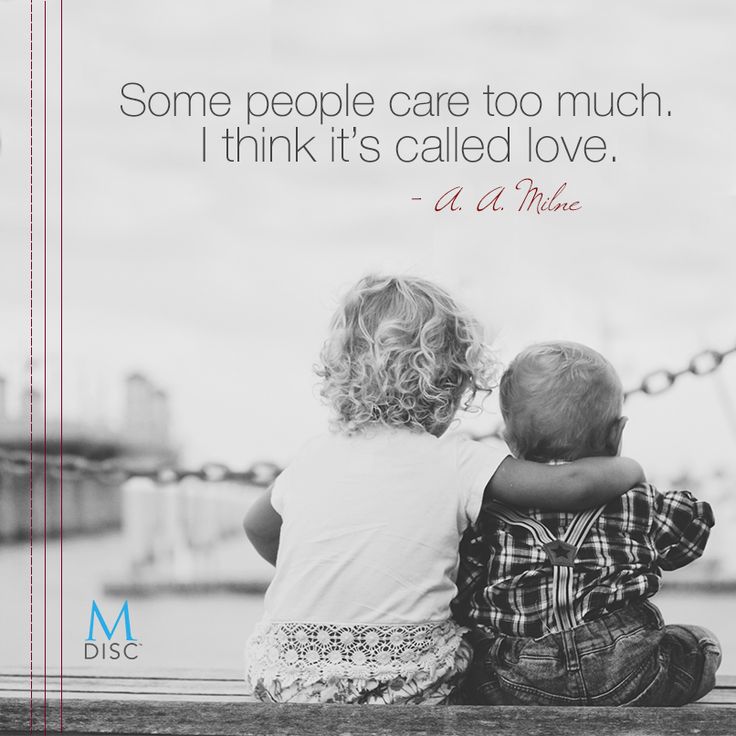 Stereotypes can be even more problematic, forming the basis for prejudice (valuing groups differently from one another) and discrimination (treating groups differently based on prejudice).
Stereotypes can be even more problematic, forming the basis for prejudice (valuing groups differently from one another) and discrimination (treating groups differently based on prejudice).
One way to minimize stereotyping is to take a step back and ask what we really know about a person before we put them into a box. We can challenge our existing stereotypes by getting to know group members as individuals. It also helps to think about our own feelings when other people stereotype us, and to try viewing the world from the perspective of those we might stereotype.
What stories could you never imagine about people you see? (photo essay)
Judging behavior (attribution errors)
As we try to make sense of other people’s behavior and save on mental effort, we’re apt to make the easiest assumption: a person acts that way because of who they are. It’s relatively quick and easy to assign someone’s behavior to their character. (“That young person taking a handicapped space looks fine—they must be a jerk!”) We tend to disregard the role of other factors—those unrelated to someone’s character or personality—because it takes more mental effort and time to imagine what else might explain the behavior. (Maybe they have a disability that is not visible, or they just didn’t see the sign.)
(“That young person taking a handicapped space looks fine—they must be a jerk!”) We tend to disregard the role of other factors—those unrelated to someone’s character or personality—because it takes more mental effort and time to imagine what else might explain the behavior. (Maybe they have a disability that is not visible, or they just didn’t see the sign.)
Psychologists call this the fundamental attribution error: the tendency to overestimate the influence of people’s character on their behavior and underestimate the role of context. It causes us to overlook the effect that situations have on people, and to believe people have more control over the world than they actually might. Being aware of such mental errors is important, because they can affect how we interact with others—for example, determining whether we scorn someone or empathize with them.
Why do people do such puzzling things? (interactive)
This error in judging individuals can also affect how we think about people’s ability to succeed or fail economically. It can lead to a faith in upward social mobility that is contradicted by actual economic conditions. A person who firmly believes that anyone can become successful by “pulling themselves up by the bootstraps” might fail to consider that some people start life with strikes against them. With such a point of view, they may discount the effort it takes some people just to catch up, financially and socially, with others who've had an easier start.
It can lead to a faith in upward social mobility that is contradicted by actual economic conditions. A person who firmly believes that anyone can become successful by “pulling themselves up by the bootstraps” might fail to consider that some people start life with strikes against them. With such a point of view, they may discount the effort it takes some people just to catch up, financially and socially, with others who've had an easier start.
How do you assess people’s chances of economic success? (interactive)
Verifying what you believe (Confirmation bias)
When we are trying to evaluate a claim or statement, it’s easiest to examine only evidence that is consistent with what we already believe or think—selective searching cuts way down on mental effort. If we do this, we fall prey to confirmation bias: seeking out information that supports ideas we already hold and ignoring contradictory information. This common and often automatic bias also operates in the social realm—for example, if you’ve been told that someone has a bad temper, you’ll be on the lookout for signs of anger from them.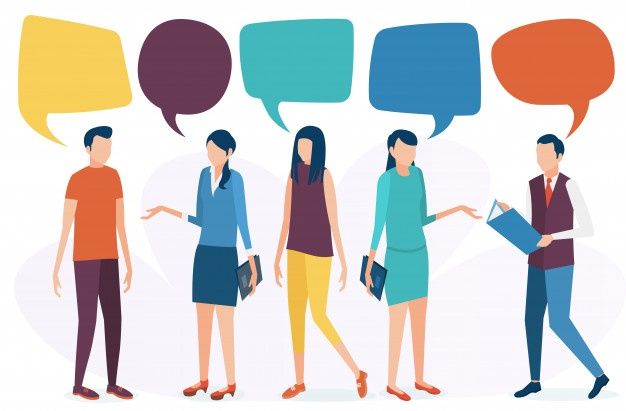 It affects many other parts of our lives, too, even something as innocuous as, say, deciding whether to eat more blueberries. If you start out believing blueberries are good for you, you’ll be less likely to look for news about their health risks.
It affects many other parts of our lives, too, even something as innocuous as, say, deciding whether to eat more blueberries. If you start out believing blueberries are good for you, you’ll be less likely to look for news about their health risks.
The bias really kicks in when we care about the outcome—when we want something to be true (or false) because it reinforces our identity or values. In that case, we may be highly motivated to search for evidence that supports what we believe. What’s more, we may deliberately discount or reject information, or avoid sources that contradict our cherished beliefs. But when we do this, the opinion we form isn’t truly independent. To avoid confirmation bias, it’s important to search not only for information that supports our beliefs, but also for high-quality information that might contradict them.
Modern technology can inadvertently strengthen confirmation bias: apps and online sites that remember our searches and search preferences often provide us with information that confirms what we believe, before we even get a chance to do a balanced search. Receiving only such targeted information can keep us in our comfort zone.
Receiving only such targeted information can keep us in our comfort zone.
Estimating events (
heuristics)People use rules of thumb to make fast estimates and decisions about uncertain events. Called heuristics, these mental shortcuts, like others, can be useful but can also lead us astray.
Unwanted Intrusive Thoughts | Anxiety and
04.26.2018
Martin Seif, PhD, ABPP
Dr. Martin Seif is a master clinician who has spent the last thirty years developing innovative and highly successful treatment methods for anxiety disorders. He helped found ADAA and has served on its Board of Directors and Clinical Advisory Board. Dr. Seif has offices in Manhattan, NY and Greenwich, CT. For the last 18 years, he has been Associate Director of the Anxiety and Phobia Treatment Center for White Plains Hospital Center. He also trains therapists and psychiatric residents at New York-Presbyterian Hospital.
Sally Winston, PsyD
Dr. Sally Winston is a clinical psychologist and co-director of the Anxiety and Stress Disorders Institute of Maryland. She is nationally recognized for her expertise in the treatment of anxiety disorders. Dr. Winston has been active with ADAA for over 30 years. She has served as chair of the ADAA Clinical Advisory Board and was the first recipient of the ADAA Jerilyn Ross Clinician Advocate Award.
Sally Winston is a clinical psychologist and co-director of the Anxiety and Stress Disorders Institute of Maryland. She is nationally recognized for her expertise in the treatment of anxiety disorders. Dr. Winston has been active with ADAA for over 30 years. She has served as chair of the ADAA Clinical Advisory Board and was the first recipient of the ADAA Jerilyn Ross Clinician Advocate Award.
Boost Search Results
On
April 26, 2018
Unwanted Intrusive Thoughts
Unwanted intrusive thoughts are stuck thoughts that cause great distress. They seem to come from out of nowhere, arrive with a whoosh, and cause a great deal of anxiety. The content of unwanted intrusive thoughts often focuses on sexual or violent or socially unacceptable images. People who experience unwanted intrusive thoughts are afraid that they might commit the acts they picture in their mind. They also fear that the thoughts mean something terrible about them. Some unwanted intrusive thoughts consist of repetitive doubts about relationships, decisions small and large, sexual orientation or identity, intrusions of thoughts about safety, religion, death or worries about questions that cannot be answered with certainty. Some are just weird thoughts that make no apparent sense. Unwanted Intrusive thoughts can be very explicit, and many people are ashamed and worried about them, and therefore keep them secret.
Some are just weird thoughts that make no apparent sense. Unwanted Intrusive thoughts can be very explicit, and many people are ashamed and worried about them, and therefore keep them secret.
There are many myths about unwanted intrusive thoughts. One of the most distressing is that having such thoughts mean that you unconsciously want to do the things that come into your mind. This is simply not true, and, in fact, the opposite is true. It is the effort people use to fight the thought that makes it stick and fuels its return. People fight thoughts because the content seems alien, unacceptable, and at odds with who they are. So, people with violent unwanted intrusive thoughts are gentle people. People who have unwanted intrusive thoughts about suicide love life. And those who have thoughts of yelling blasphemies in church value their religious life. A second myth is that every thought we have is worth examining. In truth, these thoughts are not messages, red flags, signals or warnings--despite how they feel.
The problem for people who have these thoughts--and one estimate is that more than 6 million people in the United States are troubled by them-- is that unwanted intrusive thoughts feel so threatening. That is because anxious thinking takes over, and the thought—as abhorrent as it might be—seems to have power it does not. People tend to try desperately and urgently to get rid of the thoughts, which, paradoxically, fuels their intensity. The harder they try to suppress or distract or substitute thoughts, the stickier the thought becomes.
People who are bothered by intrusive thoughts need to learn a new relationship to their thoughts--that sometimes the content of thoughts are irrelevant and unimportant. That everyone has occasional weird, bizarre, socially improper and violent thoughts. Our brains sometimes create junk thoughts, and these thoughts are just part of the flotsam and jetsam of our stream of consciousness. Junk thoughts are meaningless. If you don’t pay attention or get involved with them, they dissipate and get washed away in the flow of consciousness.
In reality, a thought—even a very scary thought—is not an impulse. The problem is not one of impulse control- it is over control. They are at opposite ends of the continuum. However, sufferers get bluffed by their anxiety, and become desperate for reassurance. However, reassurance only works temporarily, and people can become reassurance junkies. The only way to effectively deal with intrusive obsessive thoughts is by reducing one’s sensitivity to them. Not by being reassured that it won’t happen or is not true.
Unwanted intrusive thoughts are reinforced by getting entangled with them, worrying about them, struggling against them, trying to reason them away. They are also made stronger by trying to avoid them. Leave the thoughts alone, treat them as if they are not even interesting, and they will eventually fade into the background.
Here are steps for changing your attitude and overcoming Unwanted Intrusive Thoughts
- Label these thoughts as "intrusive thoughts.
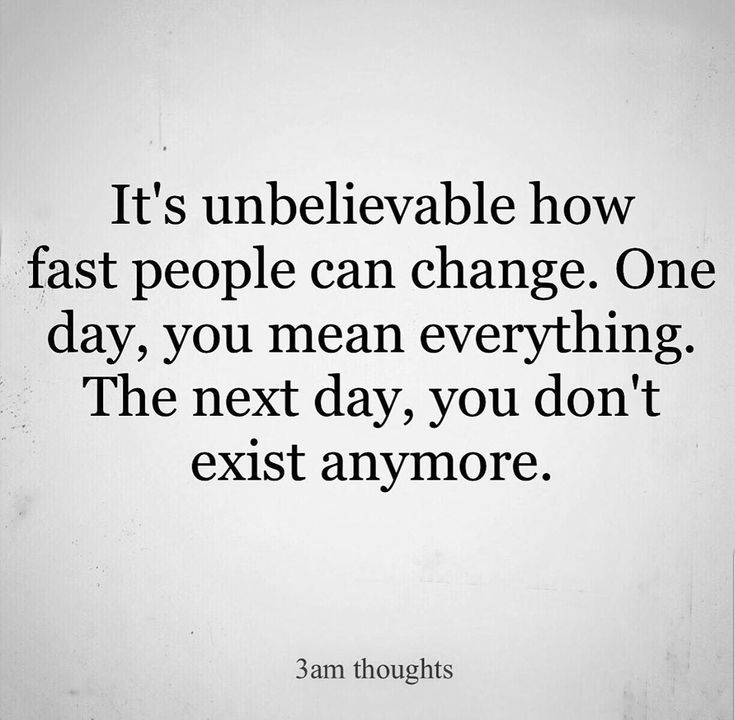 "
" - Remind yourself that these thoughts are automatic and not up to you.
- Accept and allow the thoughts into your mind. Do not try to push them away.
- Float, and practice allowing time to pass.
- Remember that less is more. Pause. Give yourself time. There is no urgency.
- Expect the thoughts to come back again
- Continue whatever you were doing prior to the intrusive thought while allowing the anxiety to be present.
Try Not To:
- Engage with the thoughts in any way.
- Push the thoughts out of your mind.
- Try to figure out what your thoughts "mean."
- Check to see if this is “working” to get rid of the thoughts
This approach can be difficult to apply. But for anyone who keeps applying it for just a few weeks, there is an excellent chance that they will see a decrease in the frequency and intensity of the unwanted intrusive thoughts.
Our book is “Overcoming Unwanted Intrusive Thoughts”. Selected in March 2019 as an Association for Behavioral and Cognitive Therapies Self-Help Book Recommendation - an honor bestowed on outstanding self-help books that are consistent with cognitive behavioral therapy (CBT) principles and that incorporate scientifically tested strategies for overcoming mental health difficulties.
Selected in March 2019 as an Association for Behavioral and Cognitive Therapies Self-Help Book Recommendation - an honor bestowed on outstanding self-help books that are consistent with cognitive behavioral therapy (CBT) principles and that incorporate scientifically tested strategies for overcoming mental health difficulties.
Get the Spanish version of the book "Guía para superar los pensamientos atemorizantes, obsesivos o inquietantes" here.
To sign up for a free e-newsletter that answers questions about intrusive thoughts, please visit this webpage: http://www.drmartinseif.com/
Additional Resources- What are Intrusive Thoughts and How Can You Deal with Them? ADAA Members Debra Kissen, PhD, MHSA and Paul Greene, PhD
- ADAA invites you to view Dr. Seif and Dr. Winston's corresponding free webinar, Overcoming Intrusive Thoughts.
- Check out this helpful video by professional graphic designer and animator J. Nordby on how he overcame his struggles with intrusive thoughts.

Dr. Winston and Dr. Seif In The News:
- What a Sticky Mind Means
- Unwanted Intrusive Thoughts: How to Overcome Sticky, Frightening, Obsessive, or Disturbing Thoughts, PsychologyToday.com, July, 2019
Martin Seif, PhD, ABPP
Dr. Martin Seif is a master clinician who has spent the last thirty years developing innovative and highly successful treatment methods for anxiety disorders. He helped found ADAA and has served on its Board of Directors and Clinical Advisory Board. Dr. Seif has offices in Manhattan, NY and Greenwich, CT. For the last 18 years, he has been Associate Director of the Anxiety and Phobia Treatment Center for White Plains Hospital Center. He also trains therapists and psychiatric residents at New York-Presbyterian Hospital.
Sally Winston, PsyD
Dr. Sally Winston is a clinical psychologist and co-director of the Anxiety and Stress Disorders Institute of Maryland. She is nationally recognized for her expertise in the treatment of anxiety disorders.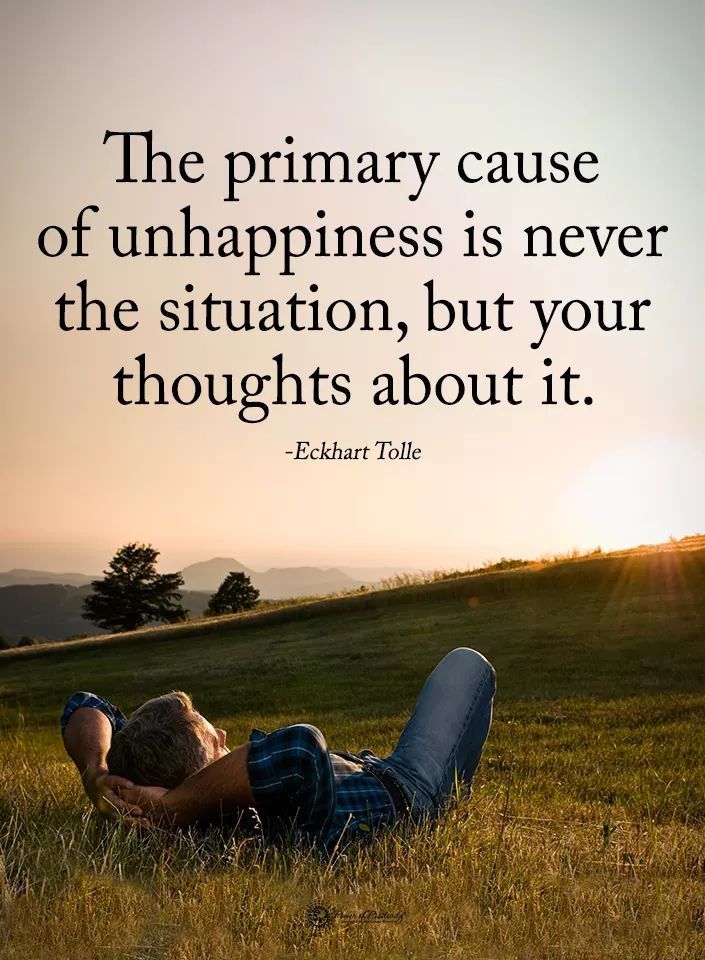 Dr. Winston has been active with ADAA for over 30 years. She has served as chair of the ADAA Clinical Advisory Board and was the first recipient of the ADAA Jerilyn Ross Clinician Advocate Award.
Dr. Winston has been active with ADAA for over 30 years. She has served as chair of the ADAA Clinical Advisory Board and was the first recipient of the ADAA Jerilyn Ross Clinician Advocate Award.
Obsessive-Compulsive Disorder (OCD)
Anxiety Disorders
Anxiety
Generalized Anxiety Disorder (GAD)
ADAA Blog Content and Blog Comments Policy
ADAA Blog Content and Blog Comments Policy
ADAA provides this Website blogs for the benefit of its members and the public. The content, view and opinions published in Blogs written by our personnel or contributors – or from links or posts on the Website from other sources - belong solely to their respective authors and do not necessarily reflect the views of ADAA, its members, management or employees. Any comments or opinions expressed are those of their respective contributors only. Please remember that the open and real-time nature of the comments posted to these venues makes it is impossible for ADAA to confirm the validity of any content posted, and though we reserve the right to review and edit or delete any such comment, we do not guarantee that we will monitor or review it. As such, we are not responsible for any messages posted or the consequences of following any advice offered within such posts. If you find any posts in these posts/comments to be offensive, inaccurate or objectionable, please contact us via email at [email protected] and reference the relevant content. If we determine that removal of a post or posts is necessary, we will make reasonable efforts to do so in a timely manner.
As such, we are not responsible for any messages posted or the consequences of following any advice offered within such posts. If you find any posts in these posts/comments to be offensive, inaccurate or objectionable, please contact us via email at [email protected] and reference the relevant content. If we determine that removal of a post or posts is necessary, we will make reasonable efforts to do so in a timely manner.
ADAA expressly disclaims responsibility for and liabilities resulting from, any information or communications from and between users of ADAA’s blog post commenting features. Users acknowledge and agree that they may be individually liable for anything they communicate using ADAA’s blogs, including but not limited to defamatory, discriminatory, false or unauthorized information. Users are cautioned that they are responsible for complying with the requirements of applicable copyright and trademark laws and regulations. By submitting a response, comment or content, you agree that such submission is non-confidential for all purposes. Any submission to this Website will be deemed and remain the property of ADAA.
Any submission to this Website will be deemed and remain the property of ADAA.
The ADAA blogs are forums for individuals to share their opinions, experiences and thoughts related to mental illness. ADAA wants to ensure the integrity of this service and therefore, use of this service is limited to participants who agree to adhere to the following guidelines:
1. Refrain from transmitting any message, information, data, or text that is unlawful, threatening, abusive, harassing, defamatory, vulgar, obscene, that may be invasive of another 's privacy, hateful, or bashing communications - especially those aimed at gender, race, color, sexual orientation, national origin, religious views or disability.
Please note that there is a review process whereby all comments posted to blog posts and webinars are reviewed by ADAA staff to determine appropriateness before comments are posted. ADAA reserves the right to remove or edit a post containing offensive material as defined by ADAA.
ADAA reserves the right to remove or edit posts that contain explicit, obscene, offensive, or vulgar language. Similarly, posts that contain any graphic files will be removed immediately upon notice.
2. Refrain from posting or transmitting any unsolicited, promotional materials, "junk mail," "spam," "chain mail," "pyramid schemes" or any other form of solicitation. ADAA reserves the right to delete these posts immediately upon notice.
3. ADAA invites and encourages a healthy exchange of opinions. If you disagree with a participant 's post or opinion and wish to challenge it, do so with respect. The real objective of the ADAA blog post commenting function is to promote discussion and understanding, not to convince others that your opinion is "right." Name calling, insults, and personal attacks are not appropriate and will not be tolerated. ADAA will remove these posts immediately upon notice.
4. ADAA promotes privacy and encourages participants to keep personal information such as address and telephone number from being posted. Similarly, do not ask for personal information from other participants. Any comments that ask for telephone, address, e-mail, surveys and research studies will not be approved for posting.
Similarly, do not ask for personal information from other participants. Any comments that ask for telephone, address, e-mail, surveys and research studies will not be approved for posting.
5. Participants should be aware that the opinions, beliefs and statements on blog posts do not necessarily represent the opinions and beliefs of ADAA. Participants also agree that ADAA is not to be held liable for any loss or injury caused, in whole or in part, by sponsorship of blog post commenting. Participants also agree that ADAA reserves the right to report any suspicions of harm to self or others as evidenced by participant posts.
RESOURCES AND NEWS
Evidence-based Tips & Strategies from our Member Experts
RELATED ARTICLES
Block reference
For all time: 100 inspiring quotes
The thoughts of great people - from Socrates to Schwarzenegger - about life values, success and human abilities
1. What the human mind can comprehend and what it can believe, that it can achieve
What the human mind can comprehend and what it can believe, that it can achieve
Finished reading here
Napoleon Hill, journalist and writer
0013 Albert Einstein
3. I owe my success to never making excuses or accepting excuses from others.
Florence Nightingale
4. I've missed over 9000 shots in my career, lost almost 300 games. 26 times I've been trusted to make the final game-winning roll and missed. I failed again, and again, and again. And that is why I have been successful.
Michael Jordan
5. The hardest thing is to start taking action, everything else depends only on perseverance.
The hardest thing is to start taking action, everything else depends only on perseverance.
Amelia Earhart
6. One must love life more than the meaning of life.
Fyodor Dostoyevsky
7. Life is what happens to you while you are making plans.
John Lennon
8. Logic can take you from point A to point B, but imagination can take you anywhere. nine0008
Albert Einstein
9.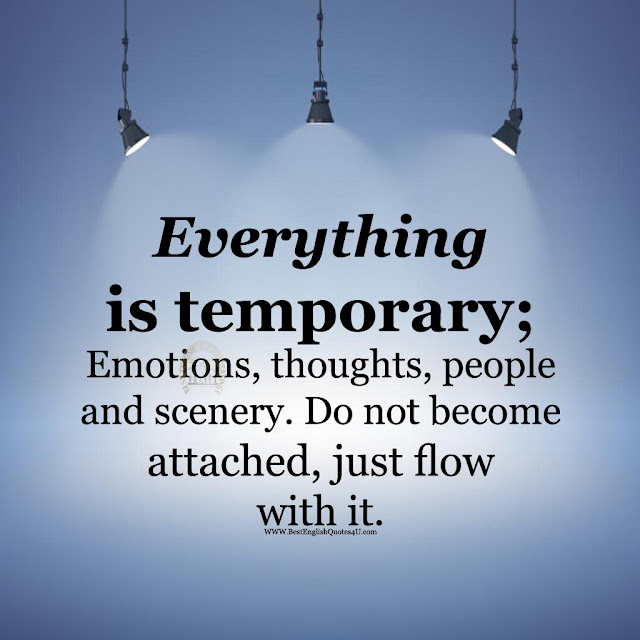 In 20 years, you will be more disappointed with the things you didn't do than with the things you did. So depart from the quiet harbor. Feel the tailwind in your sail. Move forward, act, discover!
In 20 years, you will be more disappointed with the things you didn't do than with the things you did. So depart from the quiet harbor. Feel the tailwind in your sail. Move forward, act, discover!
Mark Twain
10. It is always worth starting with something that sows doubt.
Boris Strugatsky
11. Real responsibility is only personal.
Fazil Iskander
12. A meaningless life is not worth living.
Socrates
13. 80% of success is to appear in the right place at the right time.
80% of success is to appear in the right place at the right time.
Woody Allen
14. Your time is limited, do not waste it, living someone else's life
Steve Jobs 9014
15. Victory is not all, this is still a constant desire to win. nine0008
Vince Lombardi, American football coach
Immanuel Kant
17. There is no word "impossible" in my dictionary.
Napoleon Bonaparte
18.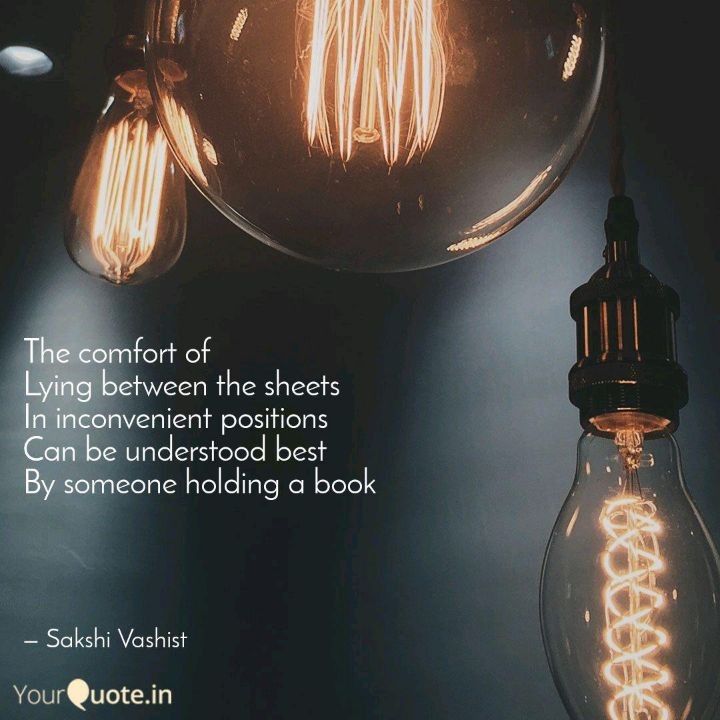 You will never cross an ocean unless you have the courage to lose sight of the shore. nine0008
You will never cross an ocean unless you have the courage to lose sight of the shore. nine0008
Christopher Columbus
19. Freedom is worthless unless it includes the freedom to make mistakes.
Mahatma Gandhi
20. Either you rule your day or the day rules you.
Jim Rohn, public speaker and business coach
21. If you think you can do anything, you're right; If you think that you will not succeed, you are also right.
Henry Ford
22.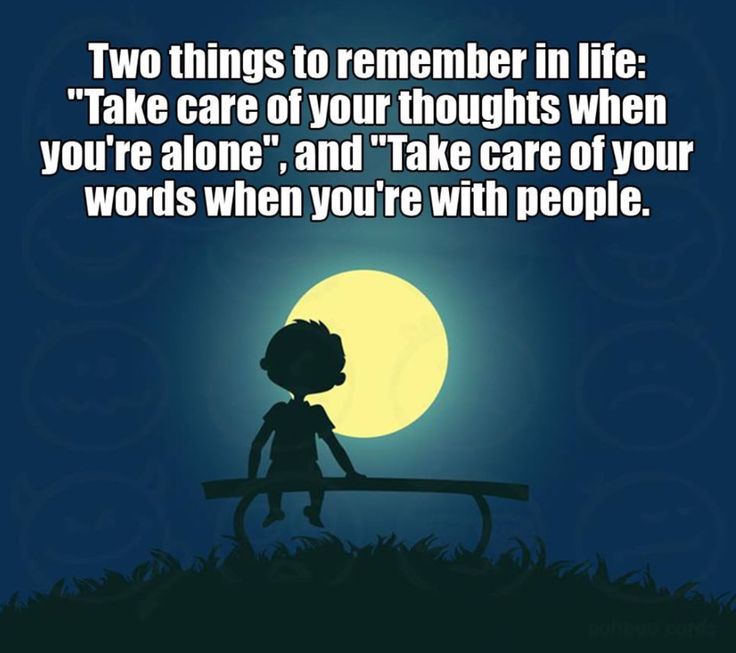 The two most important days in your life: the day you were born and the day you realized why.
The two most important days in your life: the day you were born and the day you realized why.
Mark Twain
23. Start doing everything you can do - and even what you can even dream of. In courage, genius, strength and magic.
Johann Wolfgang Goethe
24. The best revenge is a huge success.
Frank Sinatra
25. It is often said that motivation does not last long. But the same thing happens with a refreshing shower, which is why it is recommended to take it daily.
Zig Ziglar, writer, businessman and marketing consultant
26.![]() Weak people spend their whole lives trying to be as good as others. Strong at all costs need to become the best.
Weak people spend their whole lives trying to be as good as others. Strong at all costs need to become the best.
Boris Akunin
27. It's all about thoughts. Thought is the beginning of everything. And thoughts can be controlled. And therefore the main thing of perfection is to work on thoughts. nine0008
Leo Tolstoy
28. There is only one way to avoid criticism: do nothing, say nothing and be nothing.
Aristotle
29. The person you are destined to become is only the person you choose to become.
Ralph Waldo Emerson, essayist, poet and philosopher
30. Walk confidently towards your dream. Live the life you imagined for yourself. nine0008
Walk confidently towards your dream. Live the life you imagined for yourself. nine0008
Henry David Thoreau, writer, thinker, naturalist
everything you gave me."
Erma Bombeck, writer, journalist
32. It is better to be sure of a good result than to hope for an excellent one.
Warren Buffett
33. Some things may grab your attention, but focus on the things that grab your heart.
Indian proverb
34. You just have to believe that you can - and you are already halfway to the goal.
You just have to believe that you can - and you are already halfway to the goal.
Theodore Roosevelt
35. Don't blame a child for being afraid of the dark. The real tragedy is when an adult is afraid of the light.
Plato
36. Learn to say “I don't know” and that will be progress.
Moses Maimonides, Jewish philosopher and theologian
37. Start where you are right now. Use what you have and do the best you can.
Arthur Ash, tennis player
38.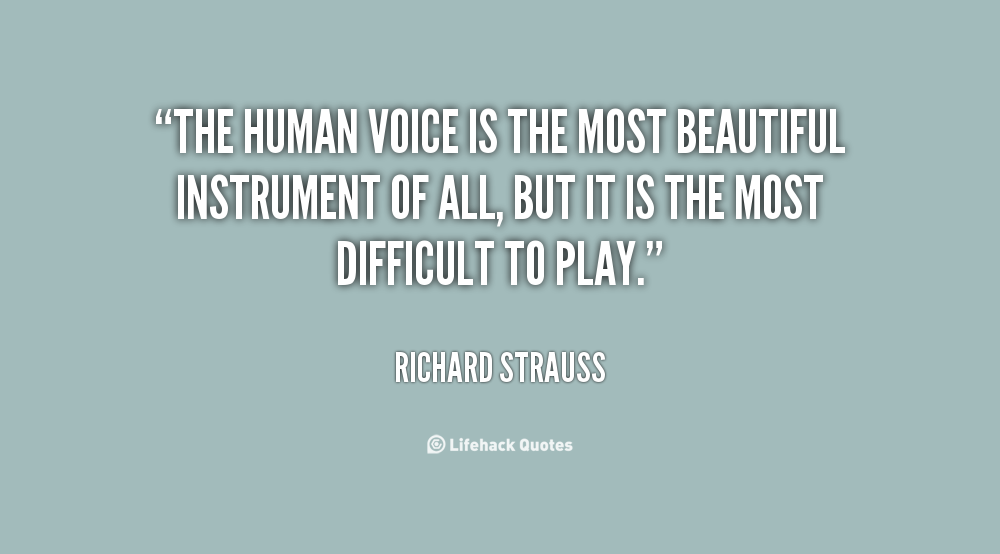 When I was 5 years old, my mother always said that the main thing in life is happiness. When I went to school, when I was asked what I want to be when I grow up, I answered “a happy person”. I was then told that I did not understand the question, and I replied that they did not understand life. nine0008
When I was 5 years old, my mother always said that the main thing in life is happiness. When I went to school, when I was asked what I want to be when I grow up, I answered “a happy person”. I was then told that I did not understand the question, and I replied that they did not understand life. nine0008
John Lennon
39. Fall down seven times and get up eight times.
Japanese proverb
40. When one door to happiness closes, another immediately opens. But we often look at the first for so long that we do not notice the second.
Helen Keller, writer, lecturer, political activist
41.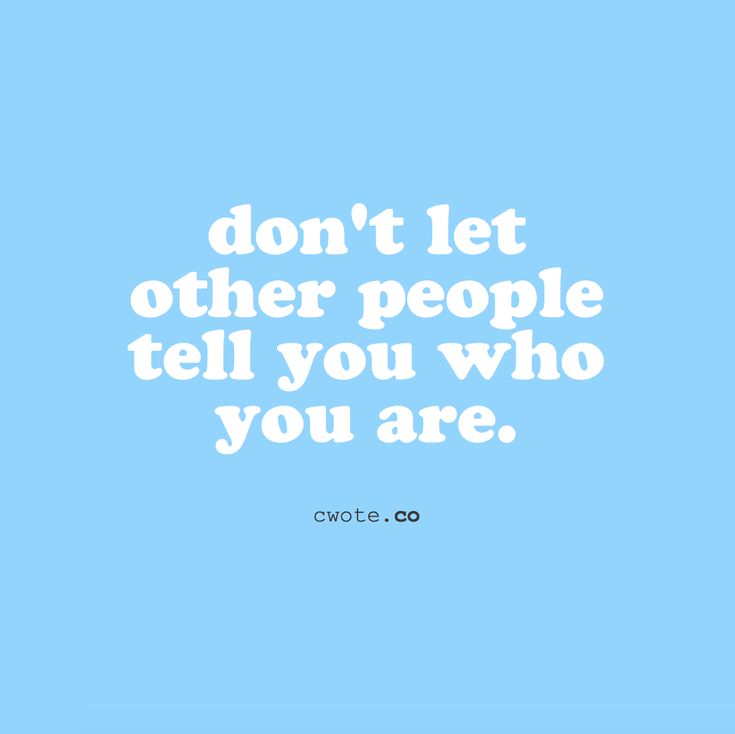 Everything has its beauty, but not everyone can see it.
Everything has its beauty, but not everyone can see it.
Confucius
42. It's wonderful that you don't have to wait even a minute to start making the world a better place.
Anne Frank
43. When I let go of who I am, I become who I can be.
Lao Tzu
44. Happiness is not something ready-made. Happiness depends only on your actions.
Dalai Lama
45.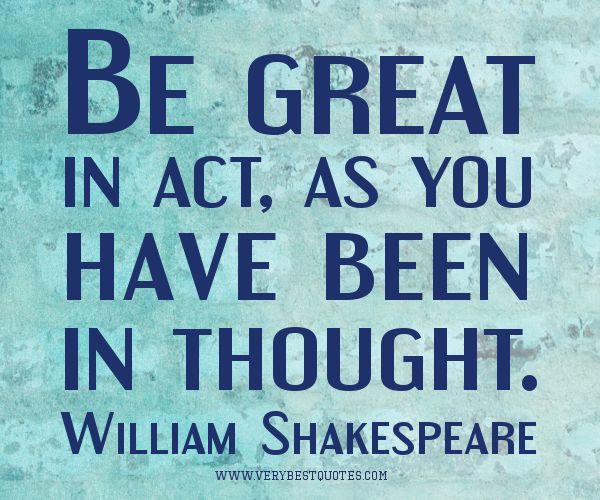 If you're offered a seat on a booster, don't ask what seat! Just take it.
If you're offered a seat on a booster, don't ask what seat! Just take it.
Sheryl Sandberg, COO of Facebook
46. First, define your ideal: set a goal. Then stock up on the necessary means to achieve it: wisdom, money, methods and materials. And finally, use all your means to achieve the goal.
Aristotle
47. If there is no wind, take the oars.
Latin proverb
48. Always keep in mind that your own decision to succeed is more important than anything else.
Abraham Lincoln
49.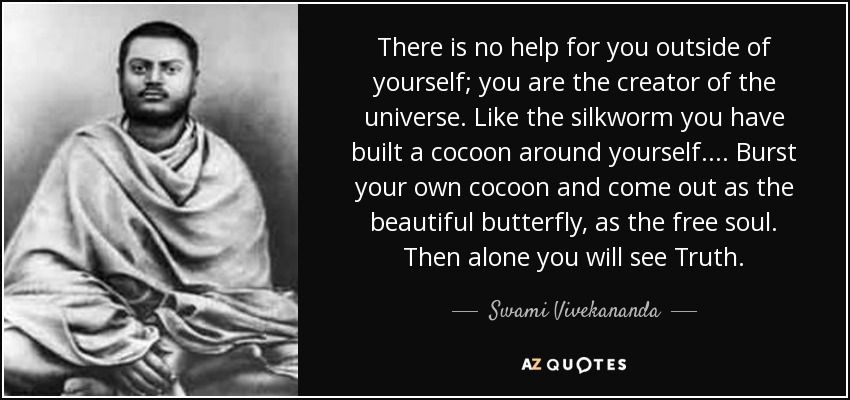 Success is the ability to go from defeat to defeat without losing optimism
Success is the ability to go from defeat to defeat without losing optimism
Winston Churchill
50. They ask, “How can you manage all your business in fifteen minutes?” I answer: “It's simple. We must not waste a single second."
Richard Branson, British entrepreneur, founder of Virgin Corporation
51. Everyone wants to change humanity, but no one thinks about how to change themselves.
Leo Tolstoy
52 . It is important to believe that talent is given to us for a reason - and that at any cost it must be used for something. nine0008
nine0008
Marie Curie
53. If your inner voice tells you that you can't draw, draw as much as you can, then that voice will subside.
Vincent Van Gogh
54. Determination of purpose is the starting point of all achievement.
William Clement Stone, writer and businessman
55. We become what we think about.
Earl Nightingale, radio host
56. I am not a victim of circumstances, I am the result of my decisions.
I am not a victim of circumstances, I am the result of my decisions.
Stephen Covey, organizational management consultant and teacher
57. The best time to plant a tree was 20 years ago. The next good time is today.
Chinese proverb
58. All children are artists. The problem is to remain an artist when you grow up. nine0008
Pablo Picasso
59. I was struck by the importance of taking action. It is not enough just to know, you need to use knowledge.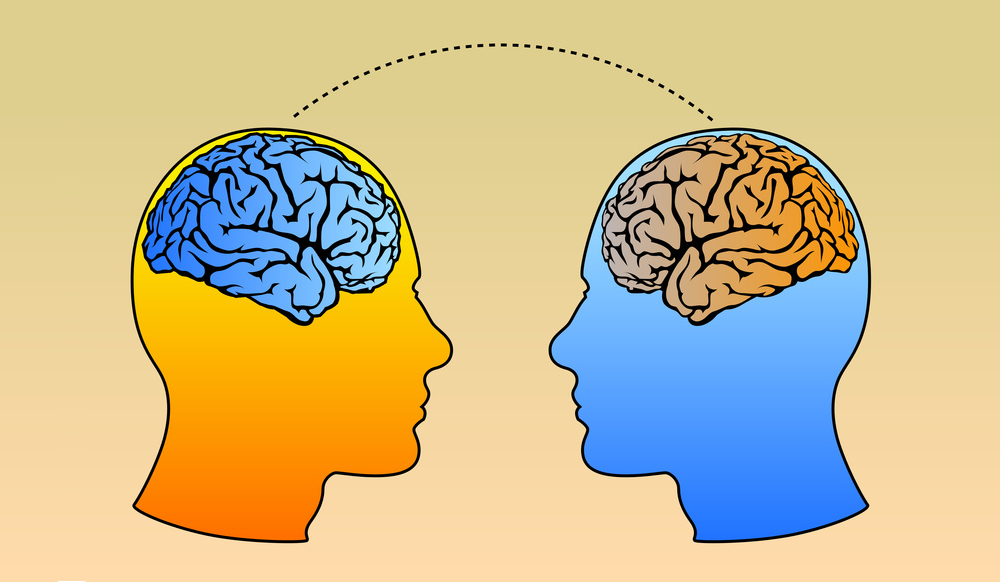 It's not enough to want something, you have to do it.
It's not enough to want something, you have to do it.
Leonardo da Vinci
60. What is money ? A person is successful if he wakes up in the morning, returns to bed in the evening, and does what he likes during the break.
Bob Dylan
61. I did not fail the test. I just found a hundred ways to spell it wrong.
Benjamin Franklin
62. Defeat is not defeat unless you recognize it as such in your mind. bruce lee
Henry Ford
64. I'm sure you can't let the poor word "no" stop you.
I'm sure you can't let the poor word "no" stop you.
Richard Branson
65. Only those who never try new things never make mistakes.
Albert Einstein
66. You become what you believe.
Oprah Winfrey, TV presenter
67. Happiness is not about always doing what you want, but about always wanting what you do. nine0008
Leo Tolstoy
68. I would rather die from passion than from boredom.
I would rather die from passion than from boredom.
Vincent van Gogh
69. You learn the fastest in three cases - up to 7 years, at trainings, and when life has driven you into a corner.
Stephen Covey
70. People will forget what you said, they will forget what you did, but they will never forget how you made them feel.
Maya Angelou, writer and poet
71. Our consciousness is everything. You become what you think about.
Buddha
72. If you want to build a ship, you don't need to call people, plan, divide work, get tools. It is necessary to infect people with the desire for an endless sea. Then they will build the ship themselves.
If you want to build a ship, you don't need to call people, plan, divide work, get tools. It is necessary to infect people with the desire for an endless sea. Then they will build the ship themselves.
Antoine de Saint-Exupéry
73. Never think you already know everything. And no matter how highly they evaluate you, always have the courage to say to yourself: "I am ignorant." nine0004
Ivan Pavlov, physiologist
74. It is not so important how slowly you walk, but how long you walk without stopping.
Confucius
75.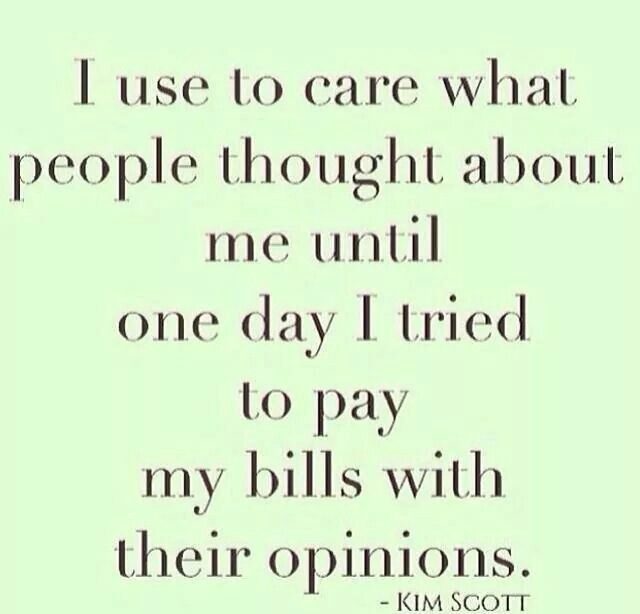 If you think about what you have in life, you can always have more. If you think you don't have enough, you will never have enough.
If you think about what you have in life, you can always have more. If you think you don't have enough, you will never have enough.
Oprah Winfrey
76. Turn your big thoughts into big actions as quickly as possible. Don't let false excuses slow you down. Excuses are symptoms of fear. nine0008
Donald Trump
77. To lead people, follow them.
Lao Tzu
78. Remember that not being successful is sometimes also a great success.
Dalai Lama
79. Always choose the most difficult path - on it you will not meet competitors.
Always choose the most difficult path - on it you will not meet competitors.
Charles de Gaulle
80. One completed effective task is worth fifty half-finished tasks. nine0008
Malcolm Forbes
81. Our lives begin to come to an end when we stop talking about the really important things.
Martin Luther King Jr.
82. Trouble does not come alone, but neither does luck.
Romain Rolland, writer
83.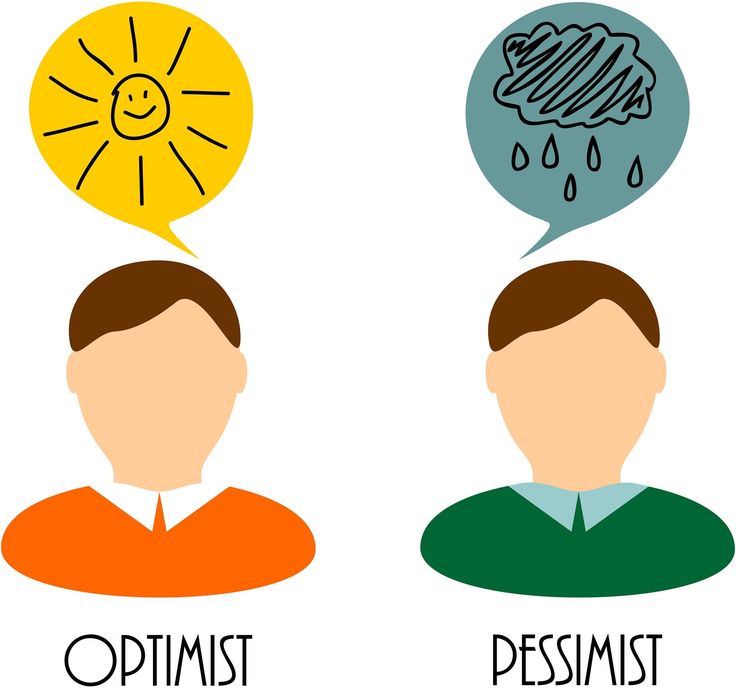 Every thought is like dough;
Every thought is like dough;
Ivan Turgenev
84. Do your best where you are, using everything you have.
Theodore Roosevelt
85. Remember, no one can make you feel inferior without your consent.
Eleanor Roosevelt
86. The world is divided into two classes - some believe in the incredible, others do the impossible.
Oscar Wilde
87.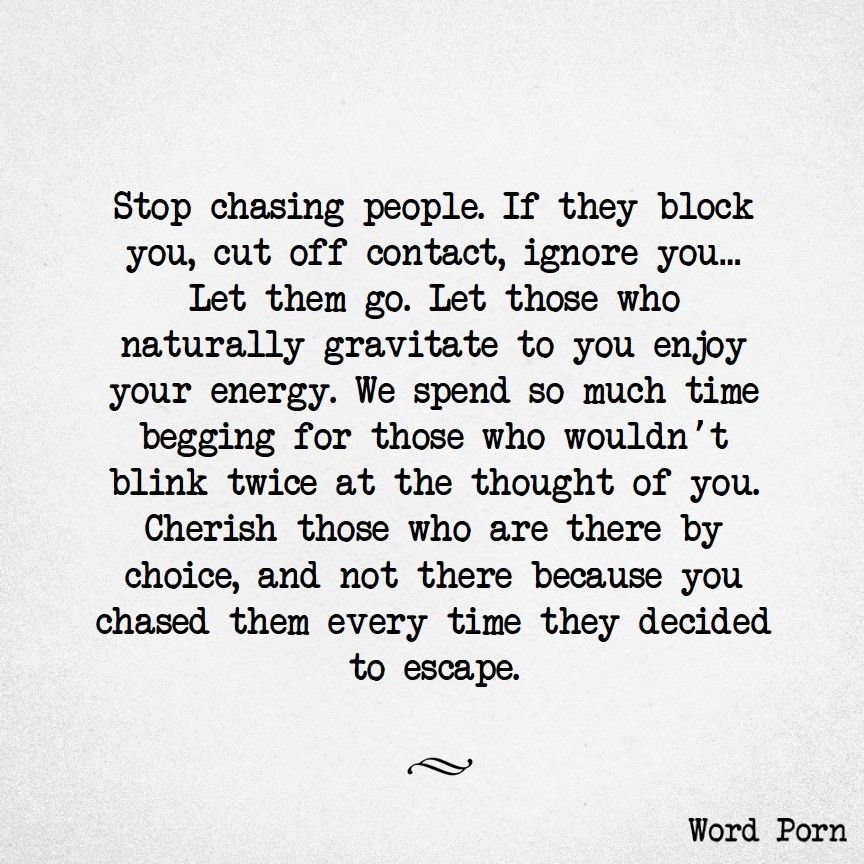 The only happiness in life is the constant striving forward.
The only happiness in life is the constant striving forward.
Emile Zola
88. It is not the strongest that survives, but the most susceptible to change.
Charles Darwin
89. You can say that you have bad genetics, bad metabolism, or you can just get your ass off the couch and start working on yourself, set a goal and believe in yourself. In this case, you will definitely succeed. nine0008
Arnold Schwarzenegger
90. Never falling down is not the greatest merit in life. The main thing is to get up every time.
The main thing is to get up every time.
Nelson Mandela
91. The question is not who will allow me, but who can forbid me.
Ayn Rand
92. When it seems that the whole world is against you, remember that the plane takes off not with the wind, but against it. nine0008
Henry Ford
93. Life is measured not by how many years it has, but by how many years of real life there are.
Abraham Lincoln
94.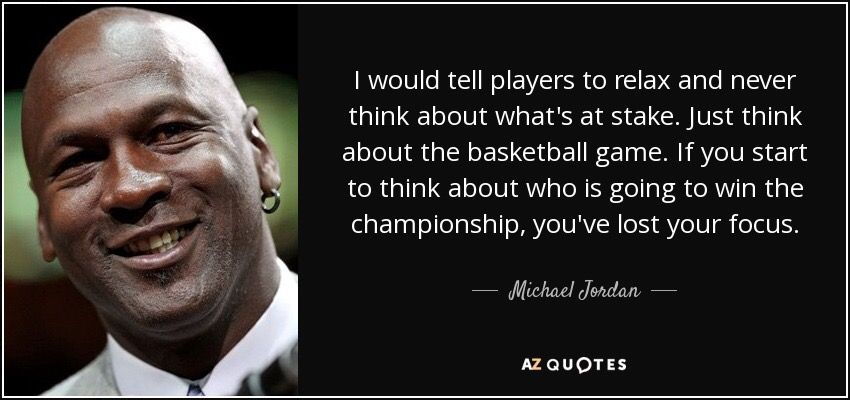 Benefiting the world is the only way to become happy.
Benefiting the world is the only way to become happy.
Hans Christian Andersen
95. Either write something worthwhile or do something worth writing about.
Benjamin Franklin
96. The only way to do something very well is to love what you do.
Steve Jobs
97. A wise person demands everything from himself, while an insignificant person demands everything from others.
Leo Tolstoy
98.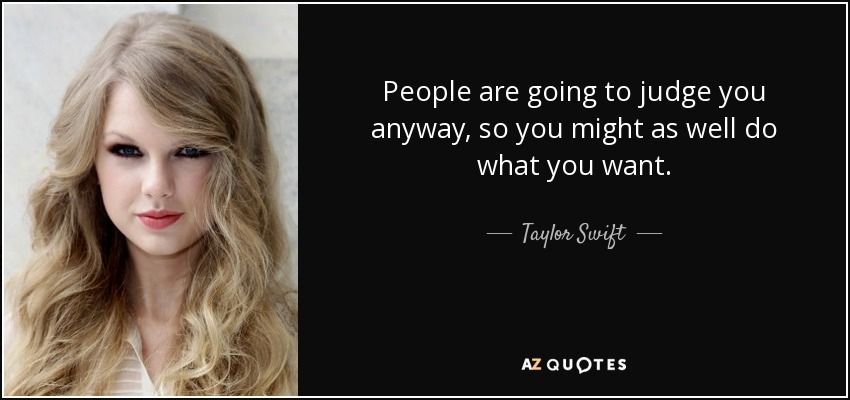 Great are those who see that thoughts rule the world.
Great are those who see that thoughts rule the world.
Ralph Emerson
99. Before climbing the ladder of success, make sure it is leaning against the wall of the building you need.
Stephen Covey
Peter Drucker, American economist
© Original layout, Knizhkin Dom LLC, 2017
© LLC AST Publishing House, 2017
Active natures are rarely melancholic: activity and despondency are difficult to combine.
C. Bowie
Antipathy, fear, suspicion and jealousy stem from a lack of trust and respect.
D. Pisarev
Pisarev
An army of principles will break through where an army of soldiers cannot pass.
T. Pean
Architecture is frozen music.
F. Schelling
Trouble does not come alone, but neither does luck.
R. Rolland
Calamities most of all reveal strength in the character of people and nations.
Y. Karamzin
Trouble cannot be corrected either by idleness or laziness.
M. de Cervantes
Life without movement is just a lethargic dream.
J.-J. Rousseau
Without virtue there is neither glory nor honor.
A. Suvorov
Without knowledge, without real knowledge of the native language, no one will ever be a real writer.
M. Kalinin
Without ideals, that is, without at least some definite wishes for the best, no good reality can ever come about.
F. Dostoevsky
Without true love for humanity, there is no true love for the motherland.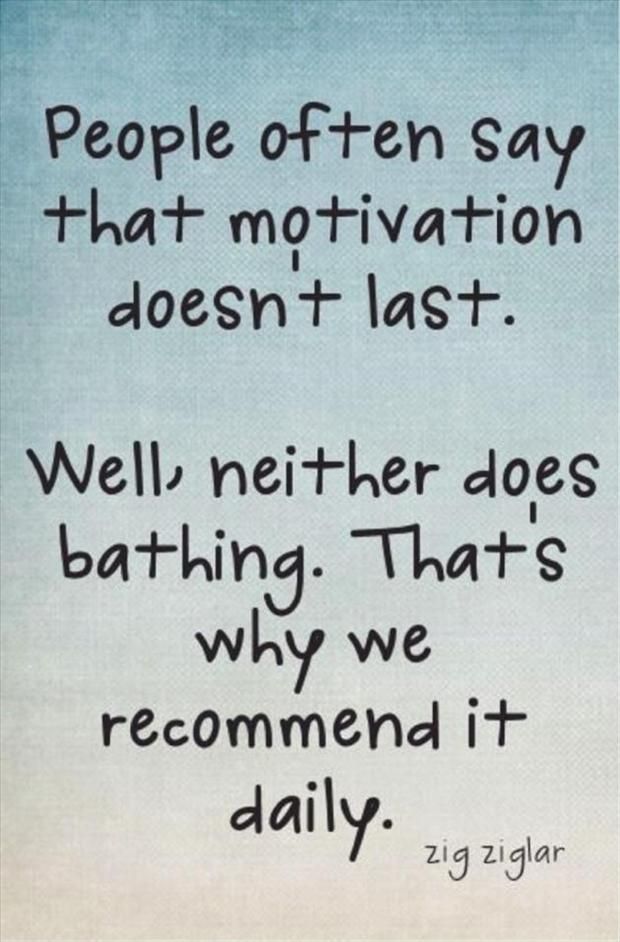
A. France
Having won without risk, you triumph without glory. nine0005
P. Corneille
No major work of art has ever been created without passionate partisanship.
F. Wolf
Without a woman, the dawn and evening of life would be helpless, and her noon would be without joy.
J. Buast
It is impossible to live in the world without sacrifices, without efforts and hardships: life is not a garden in which only flowers grow.
I. A. Goncharov
Without hope, a heart can break. nine0005
W. Camden
Life without profit is untimely death.
J. Goethe
Without constancy there can be no love, no friendship, no virtue.
D. Addison
Without examples it is impossible to teach correctly or to study successfully.
L. Columella
Without equality, there is no marriage. A wife excluded from all the interests that occupy her husband, alien to them, not dividing them, is a concubine, a housekeeper, a nanny, but not a wife in the full, in the noble sense of the word. nine0005
nine0005
A. Herzen
Without mental culture there can be no refined feelings.
A. Frans
Without a goal there is no activity, without interests there is no goal, and without activity there is no life. The source of interests, goals and activities is the substance of social life.
V. Belinsky
Without the purity of intimate feelings, the purity of civil feelings is inconceivable.
V. Sukhomlinsky
Only fools live without humor. nine0005
M. Prishvin
Illiteracy is gullible and frivolous.
Seneca the Younger
Take care of time: it is the fabric of which life is woven.
S. Richardson
Good intentions are nothing if they are not translated into good deeds.
J. Joubert
The good of an individual or a separate nation is connected with the common good for all.
A. Barbusse
Blessed are the days of youth.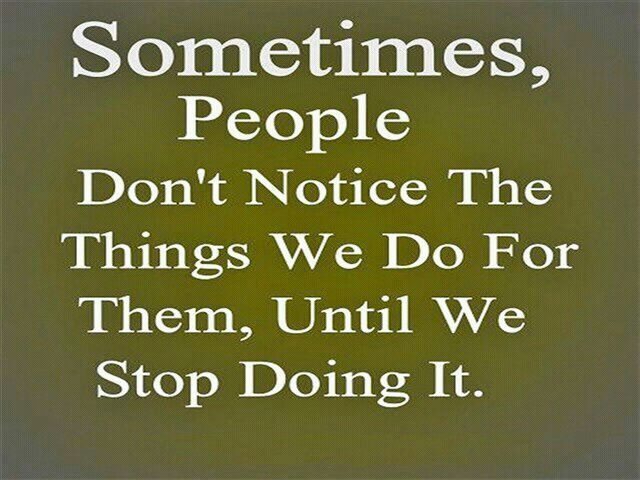 Old age loves to return to them through the fog of time. The elder recalls in the twilight of the morning sundial. nine0005
Old age loves to return to them through the fog of time. The elder recalls in the twilight of the morning sundial. nine0005
D. Byron
The benefit of love is not only that it inspires us to believe in another person, but also that we gain faith in ourselves.
R. Rolland
A noble goal ennobles activity in the name of this goal.
K. Liebknecht
A noble heart cannot be unfaithful.
O. de Balzac
The closeness of the beloved shortens time.
I. Goethe
God is an illusion. But this is an extremely harmful illusion: it binds the mind.
G. Plekhanov
The wealth of society is made up of the diversity of its constituent individuals, because the highest goal of education is the individual himself.
V. Sukhomlinsky
Vanity destroys women more than love.
M. Dudefan
Big misfortunes do not last long, and small ones are not worth attention.
D. Lubbock
Most people are only as happy as they think they are.
A. Lincoln
Most men love flattery because of their humble opinion of themselves, most women love it for the opposite reason.
D. Swift
Most writers consider truth to be their most valuable asset, which is why they use it so sparingly.
M. Twain
Great art serves great purposes. nine0005
B. Brecht
Great art must not defile itself by turning to immoral subjects.
L. Beethoven
Struggle is a condition of life: life dies when the struggle ends.
V. Belinsky
One should not be afraid of death, but of an empty life.
B. Brecht
Marriage is a community consisting of a master, mistress and two slaves, a total of two people.
A. Beers
Let's laugh without waiting for the moment when we feel happy, otherwise we risk dying without laughing even once.
J. de La Bruyère
The future is in the present, but the future is also in the past. It is we who create it. If it's bad, it's our fault.
A. Frans
The future must be laid in the present. It's called a plan. Without it, nothing in the world can be good.
G. Lichtenberg
The future belongs to preventive medicine. This science, going hand in hand with medical science, will bring undoubted benefits to mankind.
P. Pirogov
The future worries us, but the past holds us. That is why the present eludes us.
G. Flaubert
Be the first to listen and the last to speak.
E. Kapiev
Be quiet and orderly, be compliments and courtesy everywhere, then what scope for shamelessness, quackery, ignorance: there is no one to rebuke, there is no one to utter a terrible word. nine0005
V. Belinsky
Be a friend of truth to the point of martyrdom, but do not be its defender to the point of intolerance.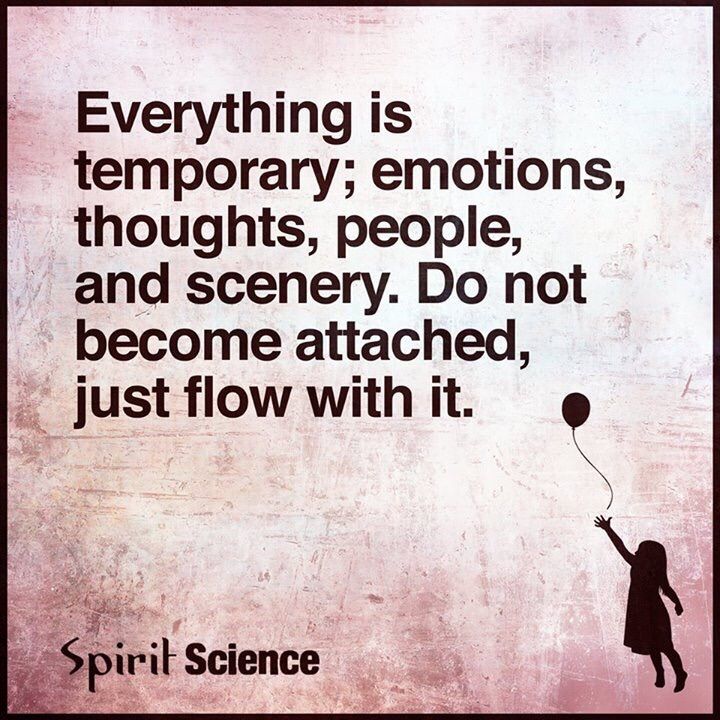
Pythagoras
Be careful in dealing with people, the main thing - no funny fawning.
E. Delacroix
Be sincere with your friends, moderate in your needs and disinterested in your actions.
A. Suvorov
Be persistent, stubborn, but not stubborn. Don't cling to your conclusions. Remember that there are many smart people in the world who can notice your mistakes, and if they are right, feel free to agree with them. nine0005
V. Obruchev
Violent love should be feared just like hatred. When love is strong, it is always clear and calm.
G. Thoreau
Violent jealousy commits more crimes than greed and ambition.
Voltaire
There is such love, which in its highest manifestation leaves no room for jealousy.
F. de La Rochefoucauld
There are bandit governments, but there can be no bandit people. nine0005
V. Hugo
There are delusions that have the appearance of truth.
Seneca the Younger
To be human is to feel one's responsibility.
A. Saint-Exupéry
To be in the world and not signify your existence in any way - it seems terrible to me.
N. Gogol
It is not difficult at all to be kind: it is difficult to be fair.
V. Hugo
You can be a smart person and think about the beauty of your nails. nine0005
A. Pushkin
To be at a distance of some step from the goal or not to approach it at all is, in essence, the same thing.
G. Lessing
Being deceived by oneself is the worst thing, because in this case the deceiver is constantly present with the deceived.
Plato
To be fair in thought does not mean to be fair in deed.
K. Ushinskiy
To be, not to appear is the motto that every citizen who loves his homeland should carry in his heart. Serve the truth - both in the scientific and moral sense of the word. Being human.
Being human.
I. Pirogov
A bureaucrat is a child of unbalanced interdependencies in society.
A. Gelman
Mutual upbringing and self-education never stops in marriage.
V. Sukhomlinsky
We enter the future by looking back at the past. nine0005
P. Valerie
Education is all about who the teacher is.
D. Pisarev
In education lies the great secret of the improvement of human nature.
I. Kant
There is nothing insignificant in education.
N. Pirogov
In the eyes of a woman, an idea always has a face.
F. Croisset
At twenty years old, desire dominates a person, at thirty years old - reason, at forty years old - reason. nine0005
B. Franklin
In human affairs, not the one who has lived longer, but the one who has observed more understands better.
A. Graf
In the matter of education, the development of skills must precede the development of the mind.
Aristotle
There are neither debtors nor benefactors in friendship.
R. Rolland
There are no calculations and considerations in friendship, except for itself.
M. Montaigne
In an ill-bred person, courage takes the form of rudeness, learning becomes pedantry in him, wit becomes buffoonery, simplicity becomes uncouthness, good nature becomes flattery.
D. Locke
In the spiritual life, as in the practical life, the one whose knowledge is held, always progresses and succeeds.
W. James
Every artist has a germ of boldness, without which no talent is inconceivable. And this sprout comes to life especially often when they want to limit, appease and force a gifted person to serve one-sided goals. nine0005
N. Goethe
Every person has something from all people.
G. Lichtenberg
You can always recognize yourself in every person and his actions.
L. Tolstoy
Every person has a wise power of a builder, and it must be given free rein to develop and flourish.
M. Gorky
Ultimately, nothing helps the victory of truth so much as resistance to it.
W. Channing
In literature, as in everything, talent is a symbol of responsibility.
Ch. de Gaulle
In love you can reach everything, everything will be forgiven, but not a habit.
M. Prishvin
In love, as in art, you don't have to say what others have said: you have to say what you feel; and he who rushes to speak when he has nothing to say yet runs a great risk of never saying anything.
R. Rolland
In love, just like in hate, a wide variety of feelings can be combined: suffering, pleasure, joy, sadness, fear, courage, and even anger and hatred.
K. Ushinsky
In love adventures there is everything except love.
F.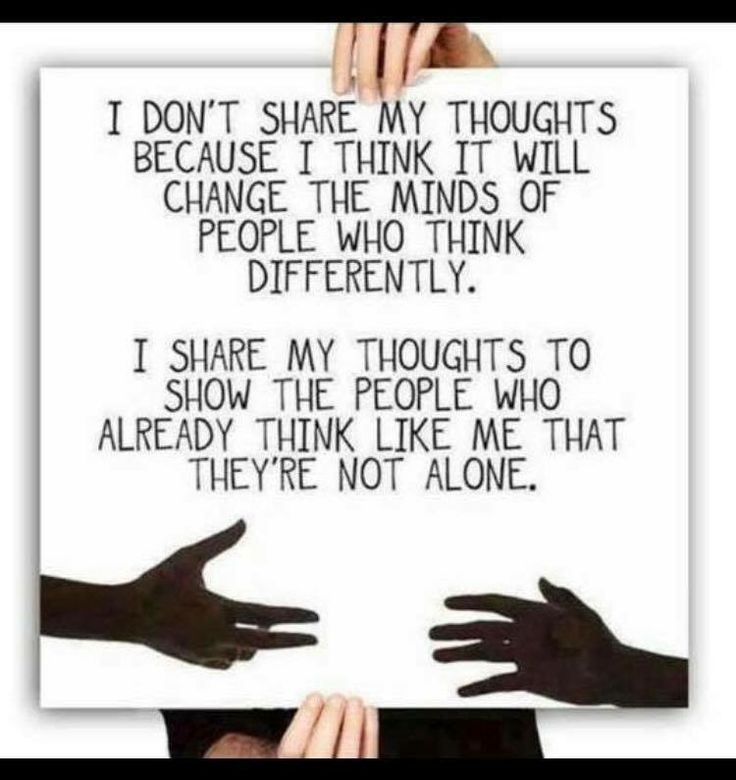 de La Rochefoucauld
de La Rochefoucauld
In any field of human knowledge there is an abyss of poetry.
K. Paustovsky
Every person has everything human: the best and the worst. nine0005
L. Lavelle
There is a side to a dream that is higher than reality. In reality, there is a side that is higher than the dream. Complete happiness would be a combination of both.
L. Tolstoy
In youth we live to love; in adulthood we love in order to live.
Saint-Evremont
In youth one learns, in old age one understands.
M. Ebner-Eschenbach
Hope for people is the meaning of life and death. nine0005
A. Malraux
In science, one must both believe and doubt.
L. Hirshfeld
In science there is no other way of acquisition than by the sweat of one's brow; neither impulses, nor fantasies, nor aspirations with all one's heart can replace labor.
A.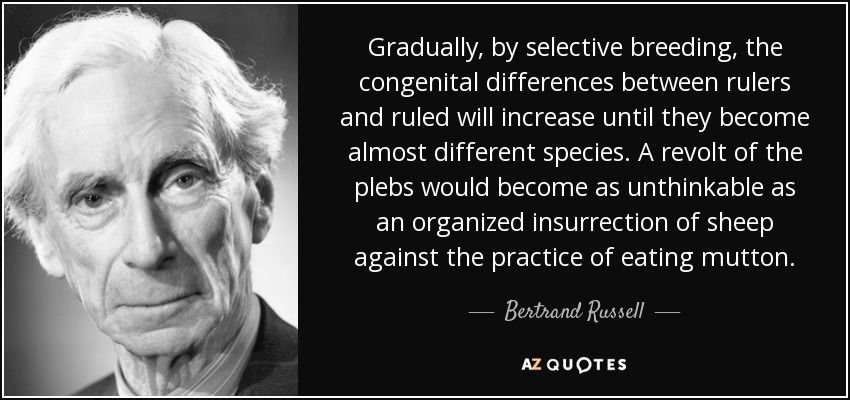
Learn more

